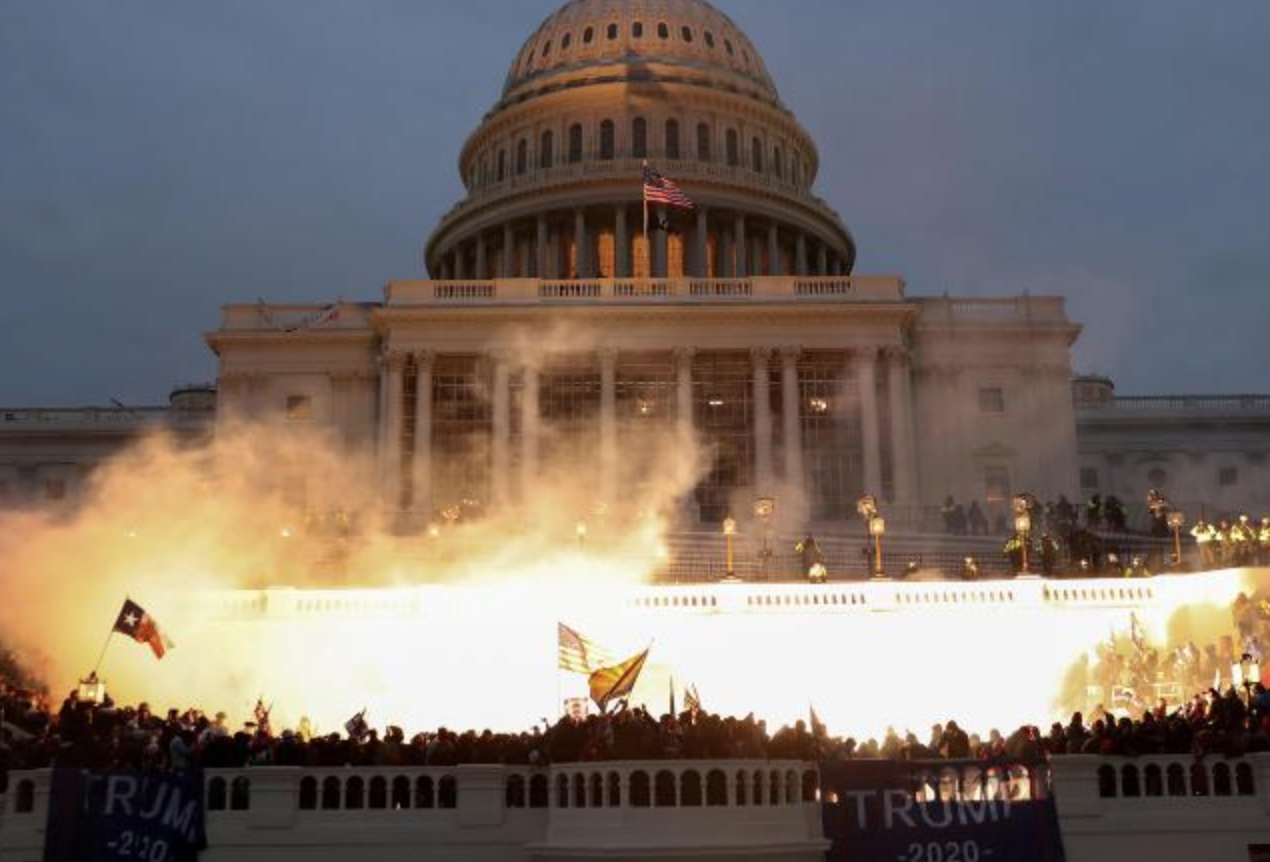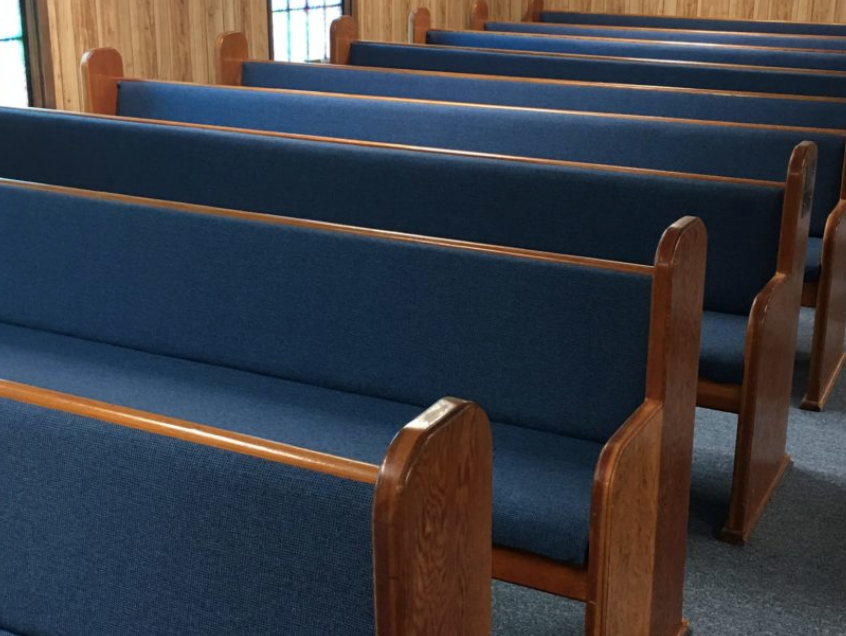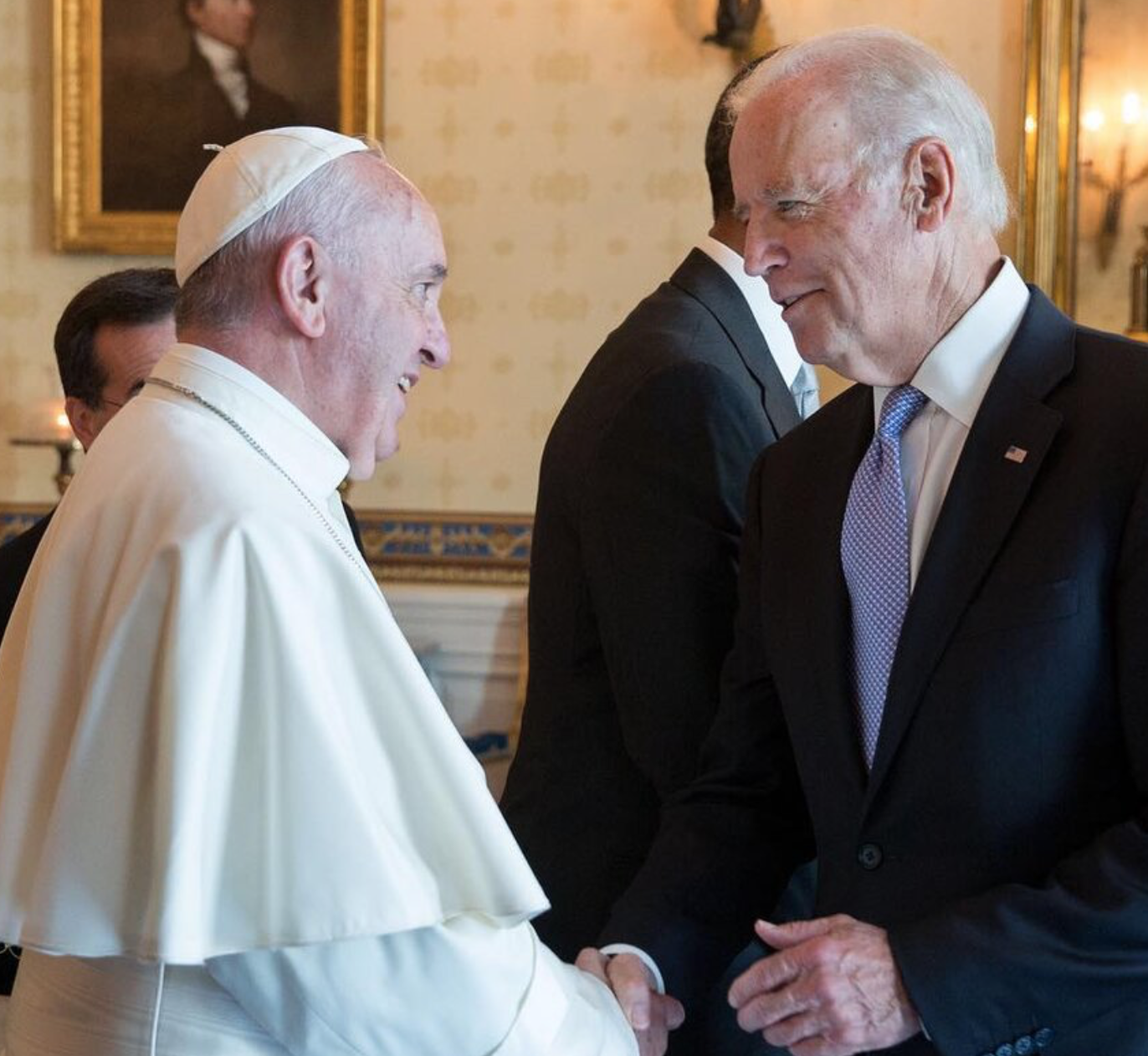I know it will be hard, but for a moment try to forget the growing stack of Donald Trump indictments and the messy details of Joe Biden’s telephone conversations, while serving as vice president and point-person for Ukraine policies, with a Ukrainian oligarch. Apparently, these friendly chats were about the weather, as opposed to son Hunter Biden’s career and financial needs.
You see, there’s another big story lingering in the back pages of news publications, a story about hard facts that could affect all kinds of conflicts around the world — especially if China’s leaders gaze at Taiwan and get ambitious.
This is a story GetReligion has discussed several times, including in this podcast-post: “Are many Bible Belt military families losing faith in the U.S. armed services?”
Now, it’s totally understandable that — in today’s preach-to-the-choir journalism ecosphere — that elite progressive outlets like National Public Radio, The Washington Post and The New York Times are not asking pushy cultural and, yes, religious questions about the dangerous trends in U.S. military recruiting.
Ah, but what about niche-media on the other side of “political” aisle?
This leads to a Daily Mail story that ran under one of that newspaper’s long, long headlines (and I didn’t include the three subheadlines): “Public confidence in the US military hits lowest point in two decades — with only 60% of Americans saying they have a 'great deal' of confidence in the armed forces, new survey finds.”
This leads to the overture:
Public confidence in the US military has reached its lowest point in 25 years with 40 percent of Americans now saying they don't have much faith in the forces, a poll found.
The survey said only 60 percent of people have 'a great deal' or 'quite a lot' of confidence in the military. It's the lowest it's been since 1997, according to Gallup, which conducted the poll.
The national decline is being fueled by a massive slump in the confidence amongst Republicans.
That’s logical. However, did any Daily Mail editors wonder if there’s additional content hidden in that safe political word “Republican”?










